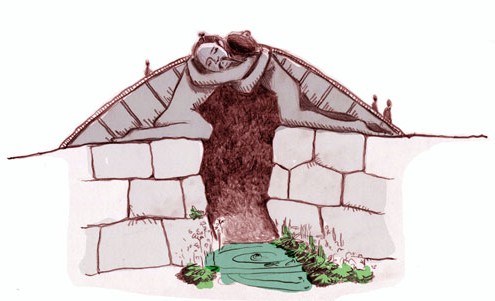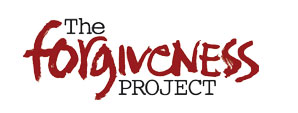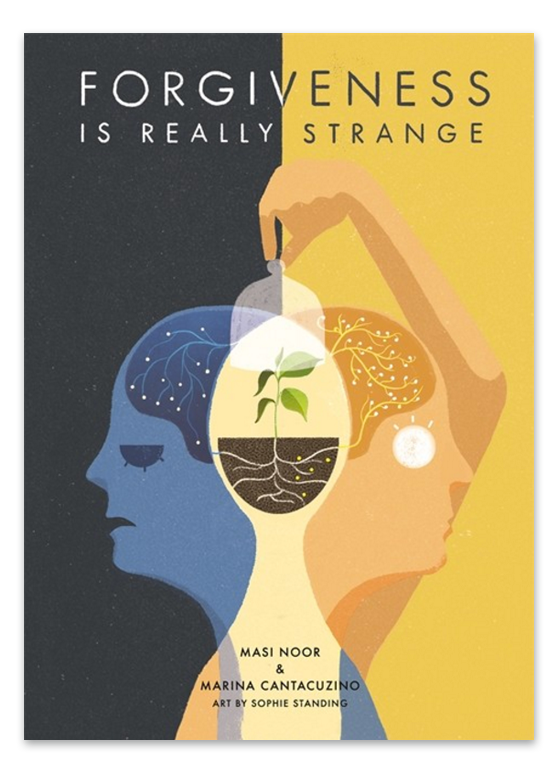Building bridges born out of suffering:
The skills of relating to another person’s pain
Henry Wadsworth Longfellow
Build bonds of suffering.
A tendency that maintains the cycle of revenge is to compete over one’s share of suffering (akin to Dr Noor’s concept of Competitive Victimhood: We have suffered more than the other group!). However, it is also possible to use one’s suffering as a bridge to connect to someone else’s suffering, their ‘imperfect’ humanity. Thus despite political, economic, religious and other types of divides, the victims of two conflicting groups can use their suffering (e.g. loss of loved ones and other traumatic losses) to establish a strong, emotional and psychological bond (akin to Dr Vollhardt’s concept of Inclusive Victim Consciousness). They can find it possible to agree that the conflict has brought about adverse consequences for both groups, albeit in perhaps different ways. A focus on common suffering can result in unexpected discoveries of intimate bonds based on shared pain and it can trigger generosity in attitudes and actions between counterparts.
Grasp the concept of Ubuntu.
My humanity is caught up in yours. This ethic which originated in South Africa is a critical skill. Archbishop Desmond Tutu describes this perspective as, ‘Ubuntu’ is not, “I think therefore I am.” It says rather: “I am a human because I belong. I participate. I share.” In essence, I am only because you are.
Quotations from the real life stories:
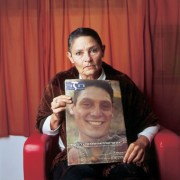
‘Meeting with a woman who had recently lost her daughter, I walked into the crowded room I recognised her because bereaved mothers know each other instinctively. Shared pain creates an intimacy.’
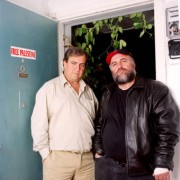
‘…saw buses full of people … parents who had lost kids & who still wanted peace. A singer sang in Hebrew and Arabic, and suddenly I was hit by lightning… from that moment I had a reason to get up in the morning again.’


